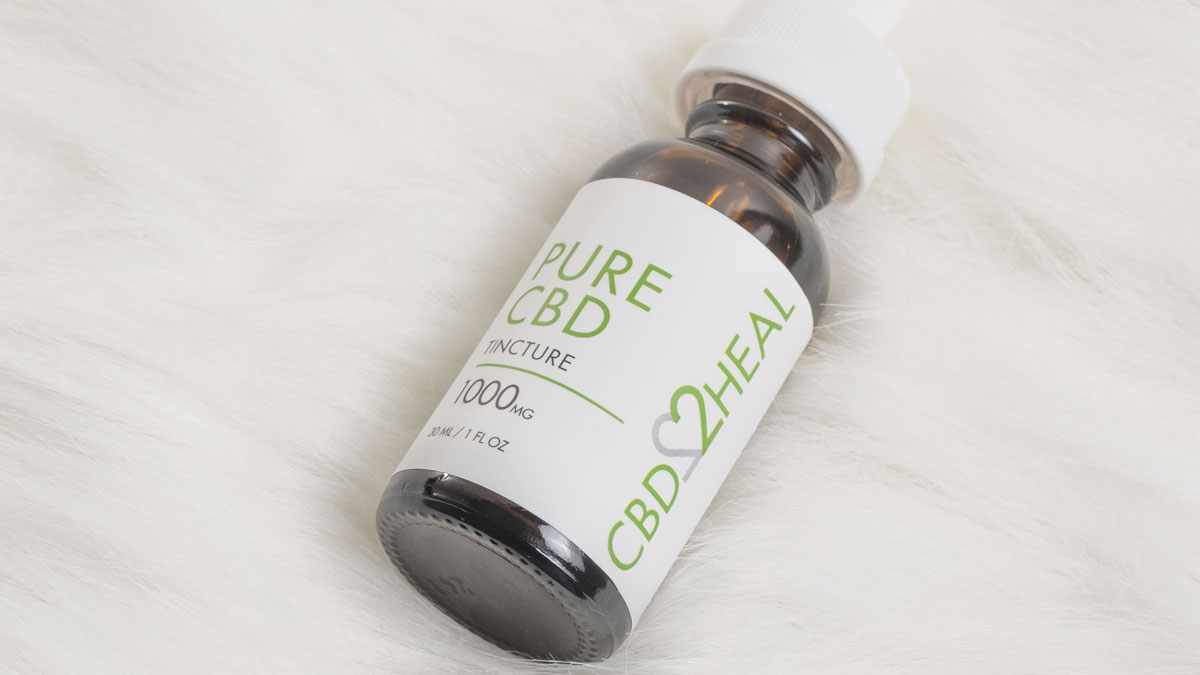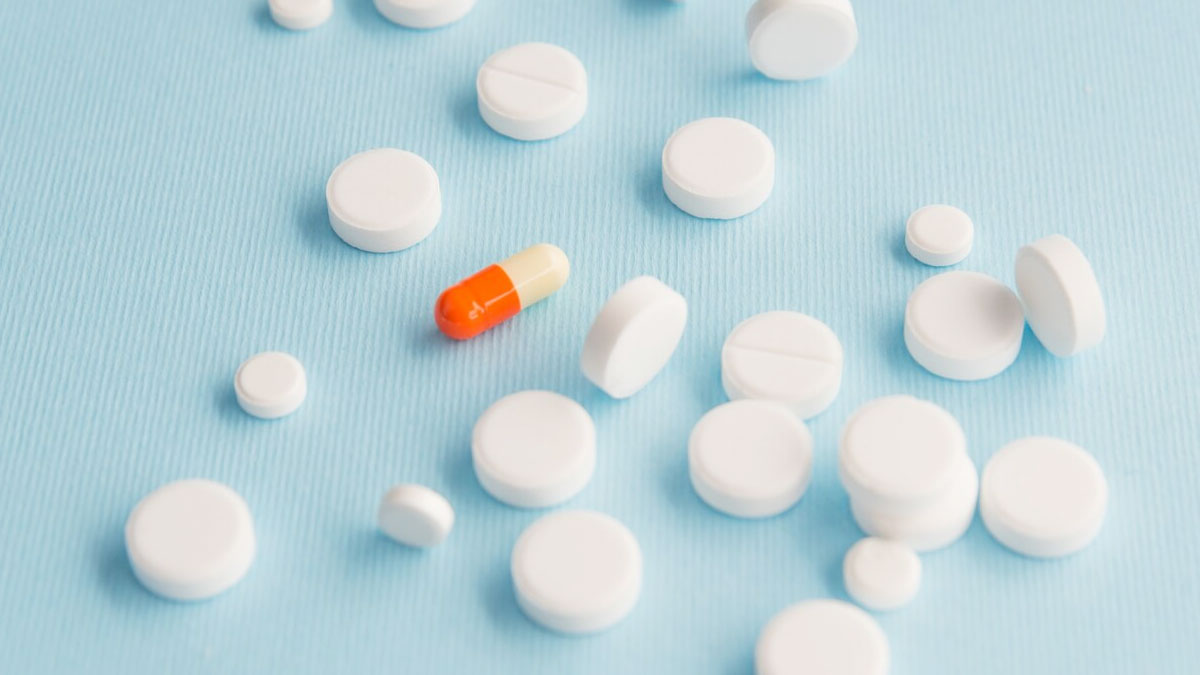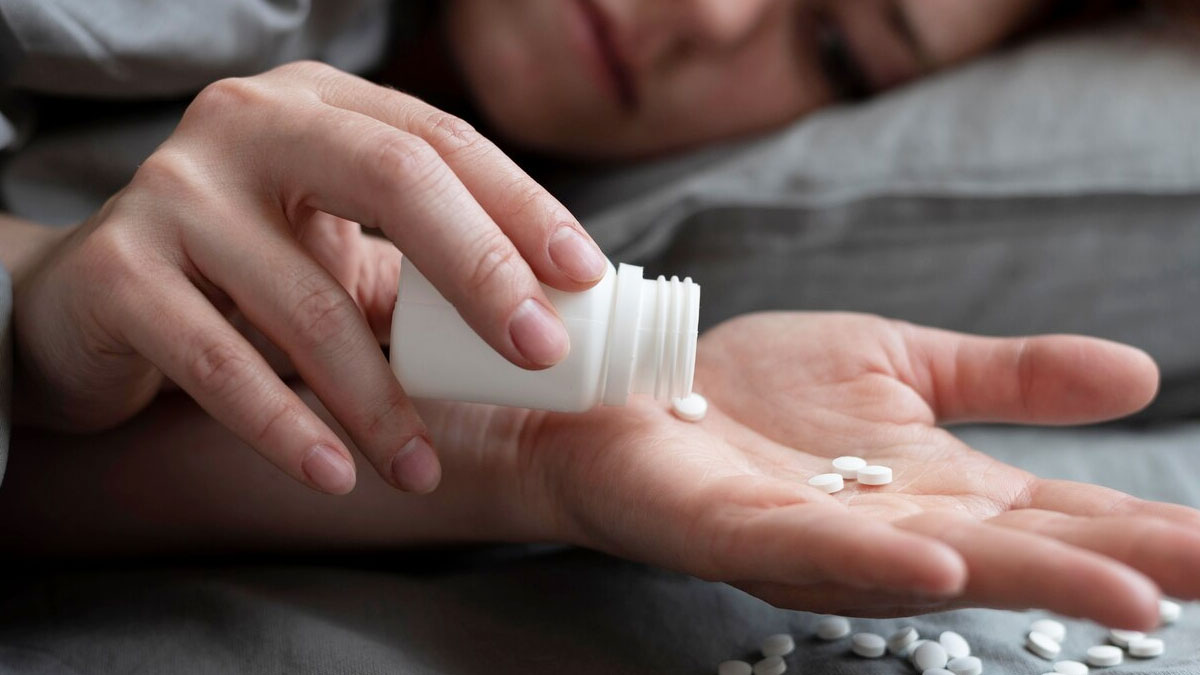The opioid crisis has become one of the most devastating public health emergencies in recent history, claiming thousands of lives each year. With opioid-related deaths on the rise, medical professionals and researchers continue to explore innovative treatments to combat opioid use disorder (OUD). While traditional methods like medication-assisted treatment (MAT) with methadone or buprenorphine have been effective, they come with limitations, including dependency and accessibility issues.
Enter cannabidiol (CBD), a non-intoxicating compound derived from the cannabis plant that has sparked interest as a potential tool in the fight against addiction. Could CBD help those struggling with opioid dependence by reducing cravings, managing withdrawal symptoms, and providing an alternative for pain relief? Emerging research suggests that this natural compound may play a promising role in addressing OUD, but how strong is the evidence?
Understanding Opioid Use Disorder (OUD)
Opioid use disorder: a chronic condition characterized by compulsive opioid use despite harmful consequences. It affects millions worldwide, leading to physical dependence, withdrawal symptoms, and an increased risk of overdose.
Common symptoms of OUD include:
- Strong cravings for opioids.
- Inability to control or reduce opioid use.
- Withdrawal symptoms such as nausea, anxiety, muscle pain, and insomnia.
- Neglecting responsibilities due to opioid use.
- Continued use despite negative consequences on health and relationships.
Traditional treatment approaches involve a combination of medication-assisted therapy (MAT), counseling, and behavioral therapy. However, these methods are not always successful for everyone. Many individuals struggle with relapse due to intense cravings and withdrawal symptoms. This is where CBD has begun to attract attention as a possible supplementary treatment.
What is CBD?
CBD (cannabidiol): one of over 100 cannabinoids found in cannabis. Unlike tetrahydrocannabinol (THC), which causes the intoxicating effects associated with marijuana, CBD does not produce a “high.” Instead, it interacts with the body’s endocannabinoid system (ECS), which plays a crucial role in regulating mood, pain, stress, and addiction-related behaviors.

How CBD May Help with Opioid Use Disorder
Reducing Cravings and Withdrawal Symptoms
One of the biggest hurdles for those recovering from opioid addiction is dealing with intense cravings. Studies suggest that CBD may help reduce these urges, making it easier to stay on track with recovery.
A 2019 study published in the American Journal of Psychiatry found that individuals with heroin use disorder who took CBD experienced significantly reduced cravings compared to those who received a placebo. Not only did CBD lower their desire for opioids, but it also reduced anxiety associated with cravings.
Easing Withdrawal Symptoms
Opioid withdrawal is often a painful and distressing experience. Symptoms such as muscle pain, nausea, sweating, and insomnia can push individuals back into opioid use. CBD has demonstrated potential in managing withdrawal symptoms by interacting with serotonin and pain-regulating receptors in the brain.
Some of the ways CBD might help with withdrawal include:
- Pain relief: CBD’s anti-inflammatory and analgesic properties may ease muscle aches and joint pain.
- Reducing nausea: CBD has been studied for its ability to suppress nausea, which is common during withdrawal.
- Calming anxiety and stress: Withdrawal often comes with intense anxiety and agitation. CBD’s calming effects may help individuals manage these feelings.
- Improving sleep: Insomnia is a common withdrawal symptom, and CBD’s relaxing properties may promote better sleep.
A Safer Alternative for Pain Management
Chronic pain is a common reason why people turn to opioids in the first place. Unfortunately, prescription opioids can lead to dependence and addiction. CBD has been explored as a non-addictive alternative for pain management, offering relief without the risks associated with opioids.
CBD’s potential as a pain reliever stems from its ability to reduce inflammation and alter pain perception. For individuals recovering from OUD who still struggle with chronic pain, CBD may provide a safer, non-habit-forming solution.
Reducing Anxiety and Depression
Mental health disorders, particularly anxiety and depression, often go hand in hand with opioid addiction. Stress and emotional distress can trigger relapse, making it crucial to address these factors during recovery.
CBD has been studied for its anxiolytic (anti-anxiety) and antidepressant properties. By influencing serotonin receptors in the brain, CBD may help regulate mood, reduce stress levels, and promote emotional stability—key factors in preventing relapse.
Scientific Research and Clinical Trials
While anecdotal reports and early studies are promising, CBD’s role in treating opioid addiction is still being researched. Some of the most notable findings include:
- A 2015 review concluded that CBD shows potential in reducing drug-seeking behaviors in preclinical studies.
- A 2019 study found that CBD significantly reduced heroin cravings in participants.
- Ongoing clinical trials are further exploring how CBD can complement existing addiction treatments.
Potential Risks and Considerations
Despite its potential benefits, CBD is not a magic cure for opioid addiction. There are several factors to consider before using it as part of a recovery plan:
- Lack of regulation: The CBD industry is still largely unregulated, meaning product quality can vary.
- Possible drug interactions: CBD can interact with certain medications, including those used for OUD treatment.
- Side effects: While generally well-tolerated, CBD can cause mild side effects such as dizziness, dry mouth, and changes in appetite.

Conclusion
The opioid crisis demands innovative and effective solutions, and CBD oil is emerging as a potential game-changer in addiction recovery. From reducing cravings and withdrawal symptoms to offering pain relief and emotional support, CBD may provide a valuable tool for those battling opioid dependence.
However, while the early research is promising, more studies are needed to confirm CBD’s effectiveness and ensure its safe integration into addiction treatment programs. As science continues to explore CBD’s potential, it’s crucial for individuals considering this option to consult with healthcare professionals and use high-quality products.
The road to recovery is challenging, but with continued research and the integration of alternative therapies like CBD, a future with better solutions for opioid addiction may be on the horizon.
You can trust and depend on CBDMagic to provide Canada’s best organic CBD oil.

